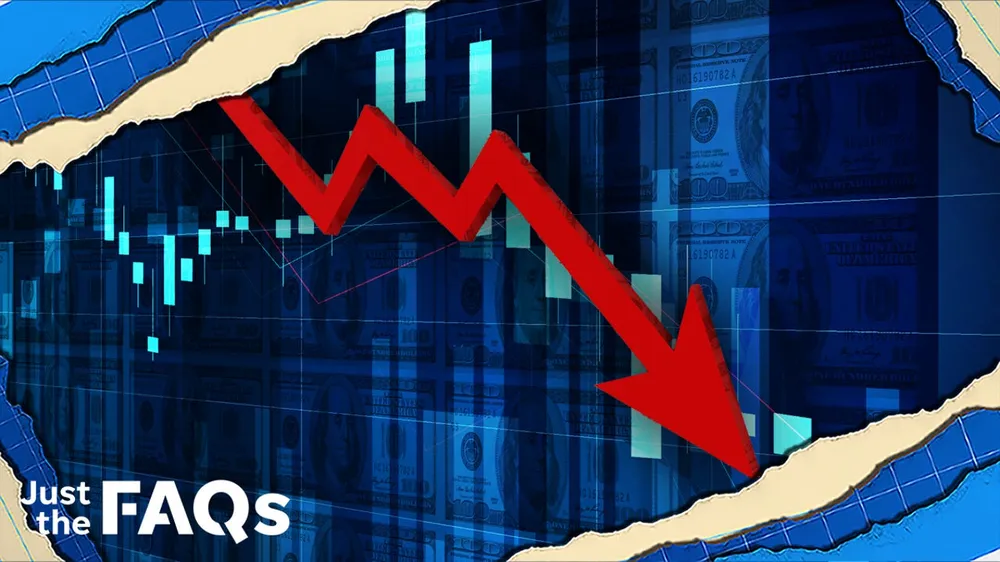
However, other post pandemic worries have taken over with the world now preparing to face high inflation, fluctuation in the global financial system, and an impending recession in the near future.
Global view
Since the beginning of 2022, many unexpected factors have cropped up that will prove to be fundamental for the socio-economic recovery and development across the world. Firstly, the strategic competition among major countries is increasingly becoming more and more fierce to compete for the lead position and enhance national interests. The Russia-Ukraine conflict has had a negative impact on businesses, investments, and the consumer markets on a huge global scale. Such a wide impact has seriously affected the post-pandemic economic recovery efforts. Added to this, strict economic sanctions imposed on Russia by Western developed nations has disrupted supply chains and increased prices of many essential commodities, hindering the recovery of production and business activities.
Rising geopolitical tensions have changed basic economic values established after World War II, especially globalization that was adopted and was prevalent for the last thirty years. The current tumultuous situation will hinder global efforts to tackle issues like the post Covid-19 pandemic recovery, rising poverty, inequality, climate change, and the harmful effects of environmental pollution.
Secondly, the prices of essential commodities in many countries have increased due to the return of consumer demand, while the prolonged supply chain disruptions and the Russia-Ukraine conflict has compelled central banks to implement stronger curtailing measures. This has been done to tighten the monetary policy to cope with inflation, which is a plan that was put in place by central banks before 2022. However, the high prices are expected to last and spread across the world, because energy and food are two items that account for a large proportion of people’s expenditure. Sanctions by Western countries imposed on Russia will be difficult to undo in the short term. Besides this, China's prolonged zero covid policy has increased the fear of long-term inflation, while also putting production on hold.
Thirdly, compared to previous global economic recessions, this time the likelihood of a recession caused by the Covid-19 pandemic and the energy crisis will portray a huge difference which will reflect the interfering role of China. In 2008, China's GDP at purchasing power parity contributed only 12.1% to global GDP, and by 2020 this had reached 18.3%, surpassing the US which has 15.8% GDP. This rise in GDP in recent decade made China the largest economy in the world. In 2020, China's energy consumption was 26.1%, accounting for the largest share globally, and almost equal to that of the combined consumption of US with 15.8% and Europe with 13.9%.
Negative impacts
The above factors are closely related and have had a negative impact on the global economic outlook for the near future. According to a forecast by the International Monetary Fund (IMF), the global economy will grow only 3.6% in 2022, indicating a fall of 0.8% from the previous forecast in October 2021. In 2023, global economic growth is forecast at 3.6%, down 0.2% from the previous forecast. Inflation in 2022 and 2023 in advanced economies is forecast by the IMF at 5.7% and 2.3%, respectively. This is lower than that of emerging economies at 8.7% in 2022 and 6.5% in 2023.
The multipolar trend of the world economy will become more pronounced in the near future between two sides. On one side are the G7 and EU countries with developed economies and high incomes, with a population of about 1.1 billion people, accounting for about 40.6% of global GDP at purchasing power parity. On the other side are the emerging economies of the BRICS group, with a population of about 3.2 billion people, accounting for about 31.3% of global GDP.
Energy will play an important role in the economic recovery in the post Covid-19 pandemic phase. Due to constant supply chain disruptions and fluctuations in energy prices, countries are being forced to seek diverse solutions in the energy supply chain. Globalization will not end but change the way it operated in the past. Concerns about geopolitical instability and more concerns about economic autonomy will translate into the process of restructuring national economies and global value chains.
Implications for Vietnam
Since the reform policies were launched in Vietnam in 1986 under Doi Moi, Vietnam has successfully solved a number of major fundamental problems. There has been a drastic change in the mindset of the people, taking President Ho Chi Minh's ideas as a guideline for all actions, "whatever benefits the people, no matter how small, we must strive to do".
Vietnam is moving step by step to perfect its development model, from building a multi-sector economy, a market economy regulated by the State, to a socialist oriented market economy. Vietnam considers the operating rules of the market economy as the property of mankind, not a unique feature of capitalism. Therefore, it is necessary to creatively apply these laws in the process of developing the country for the sake of a stronger nation.
The state economy and the collective economy have gradually become mainstream, and the private economy and the foreign-invested economy are important driving forces for developing the country. The state economy and the collective economy must help to ensure macro-economic stability and reduce shocks that may emanate from the world markets. The state economy must move forward and pave the way in important fields of each industry in each locality in a flexible and proactive manner, and not rigidly apply one model for the whole country.




















